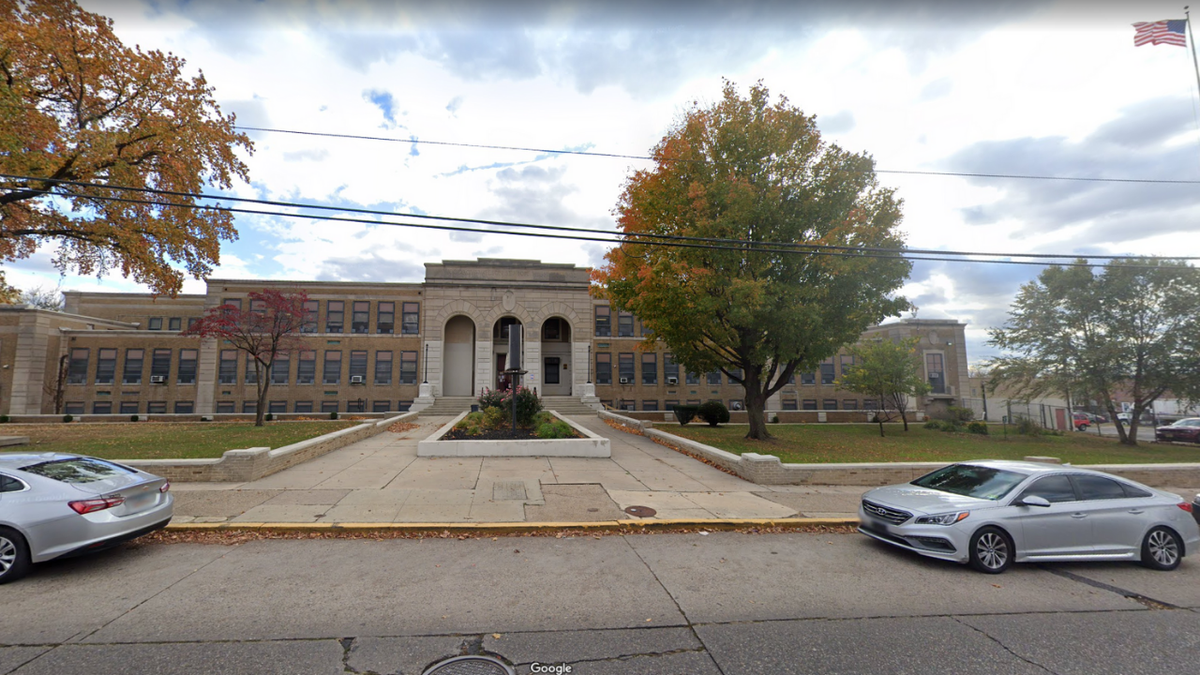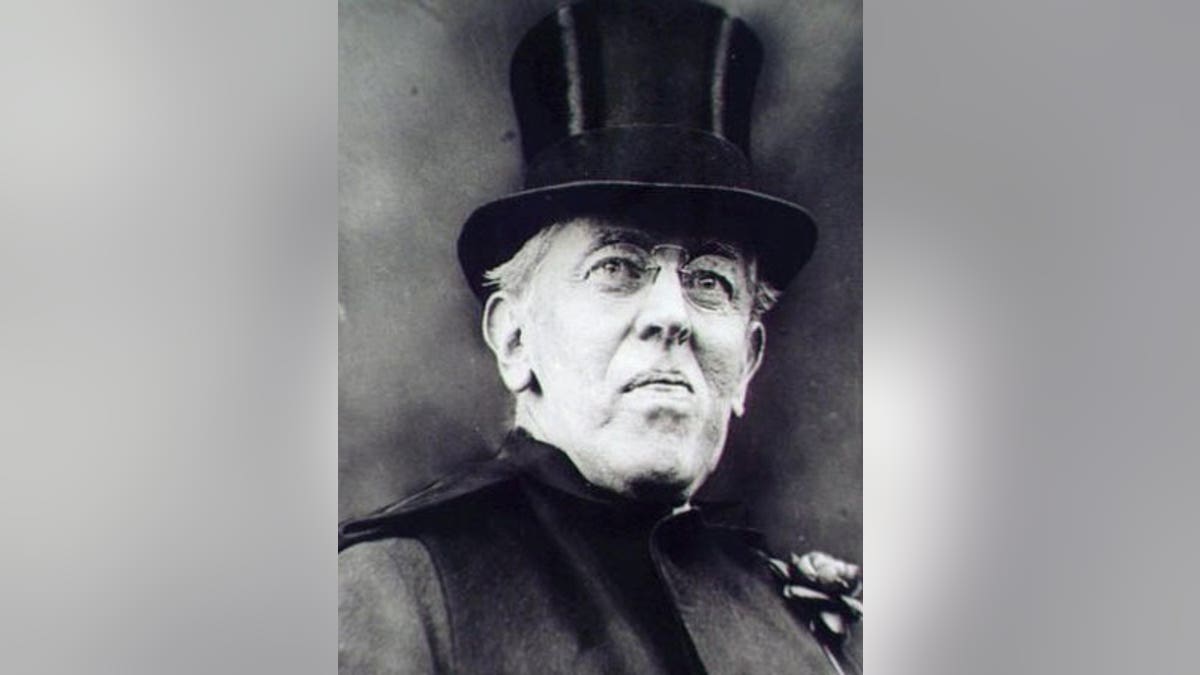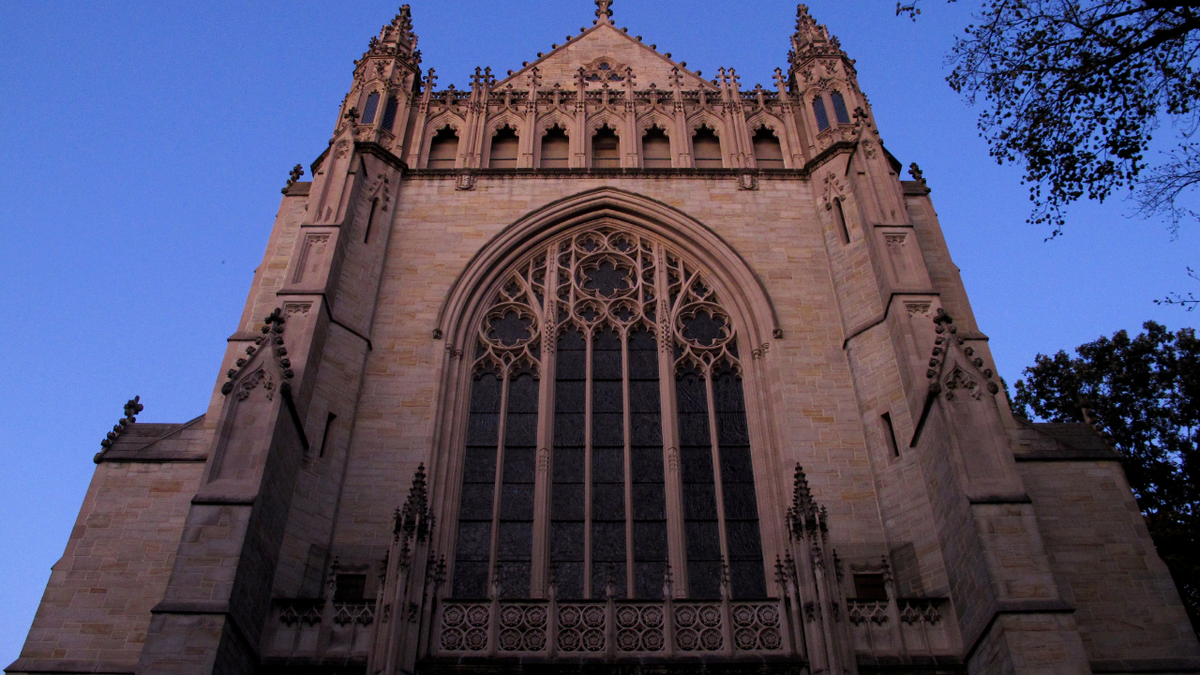Fox News Flash top headlines for January 26
Fox News Flash top headlines are here. Check out what's clicking on Foxnews.com.
A New Jersey school district is changing the name of Woodrow Wilson High School due to the former president's "racist values."
The Camden City School District changed high school's name during Tuesday's school board meeting, according to NJ.com.
The change will be official when the 2022-2023 school year begins, and the school will be named "Eastside High School."
Several community members had raised concerns about the school being named after Wilson, an early 20th century Democrat who "expressed and demonstrated racist values," district Superintendent Katrina McCombs told the news outlet.
PRINCETON DROPS WOODROW WILSON'S NAME FROM SCHOOL DUE TO 'RACIST THINKING'

Woodrow Wilson High School (Google Maps)
"The renaming of Woodrow Wilson High School has clearly shown us all to never give up and to continue to push forward until change happens. ... Again, I want to say thank you to the committee, to the leadership of the committee and to our students for exercising their voices as well," McCombs said at Tuesday's meeting, according to the report.
The name options were chosen by a 10-person committee which then submitted its choice to an open poll, which was voted on by more than 200 students.
DC-AREA STUDENTS TWEET ABOUT HIGH SCHOOL SHOOTING INSTEAD OF DIALING 911: POLICE
During the renaming process, which began in 2020, other options for renaming the school included former U.S. Rep. John Lewis, D-Ga., and former President Barack Obama.

President Woodrow Wilson. (Associated Press)
Princeton U change
In June 2020, Princeton University announced that Woodrow Wilson's name would be removed from its public policy school and a residential college because of his "racist thinking."
"The trustees conclude that Woodrow Wilson's racist thinking and policies make him an inappropriate namesake for a school or college whose scholars, students, and alumni must firmly stand against racism in all its forms," a statement from the university's president read.
CLICK HERE TO GET THE FOX NEWS APP

Exterior view of University Chapel on the Princeton University campus, Princeton, New Jersey, Nov. 4, 2011. (Getty Images)
The trustees cited Wilson's "segregationist policies," where he segregated multiple federal agencies.
Wilson blocked a Japanese proposal which would have included racial equality as a founding principle to the League of Nations, Politico reported.
Wilson, who died in 1924 at age 67, served in the White House from March 1913 to March 1921. The Virginia-born Wilson was previously the 34th governor of New Jersey and the 13th president of Princeton University. He was also the winner of the Nobel Peace Prize in 1919.



